Photos of Saints fans during the reopening of the Superdome in week 3 of the 2006 season as the New Orleans Saints defeated the Atlanta Falcons.
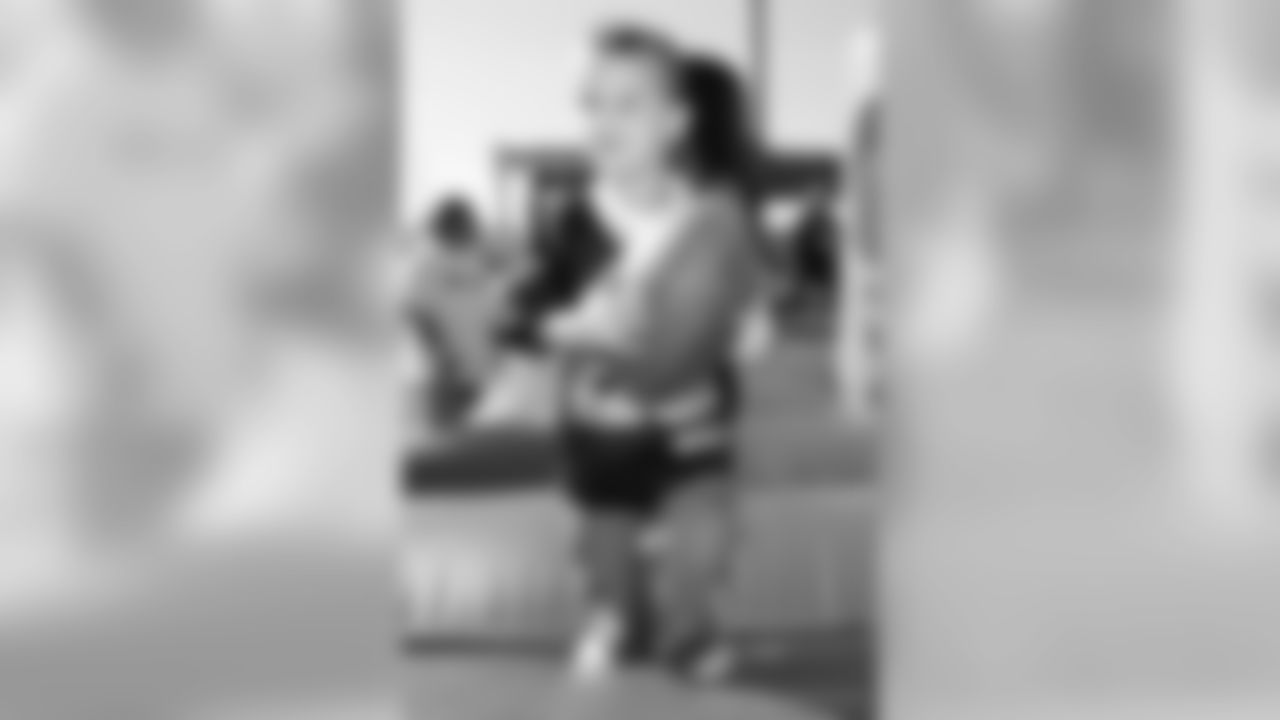
Photos of Saints fans during the reopening of the Superdome in week 3 of the 2006 season as the New Orleans Saints defeated the Atlanta Falcons.
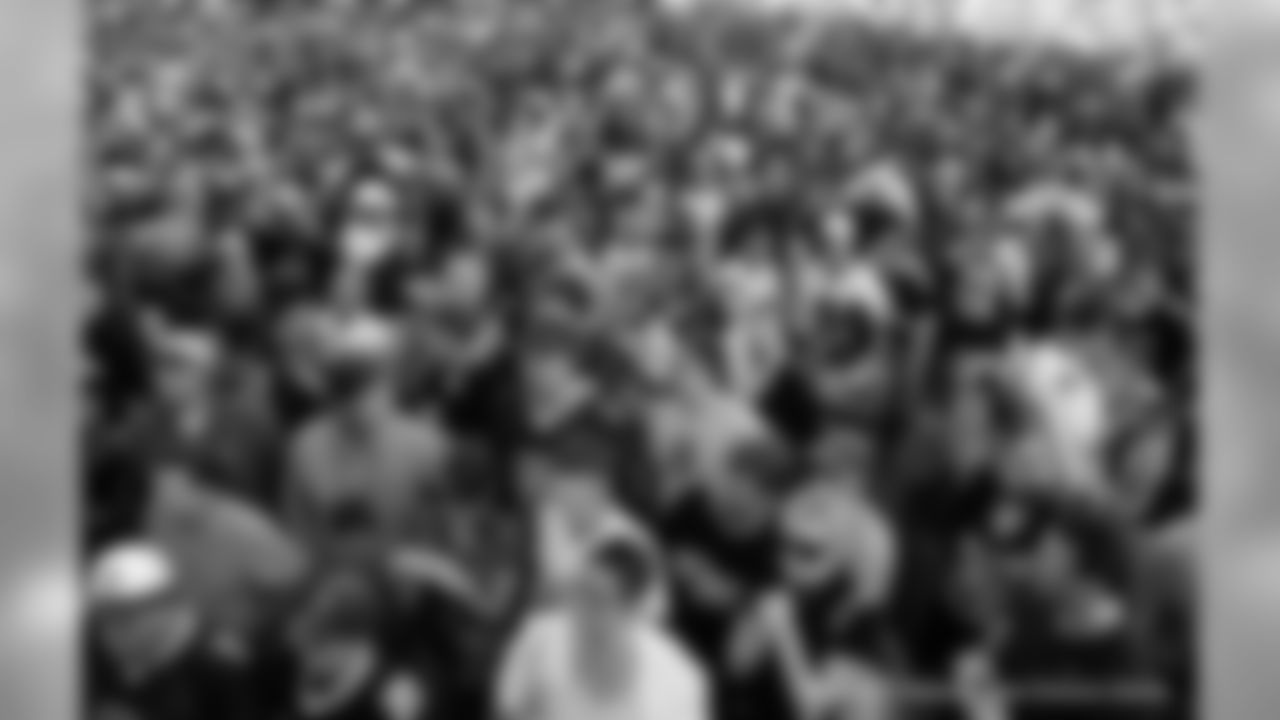
Photos of Saints fans during the reopening of the Superdome in week 3 of the 2006 season as the New Orleans Saints defeated the Atlanta Falcons.
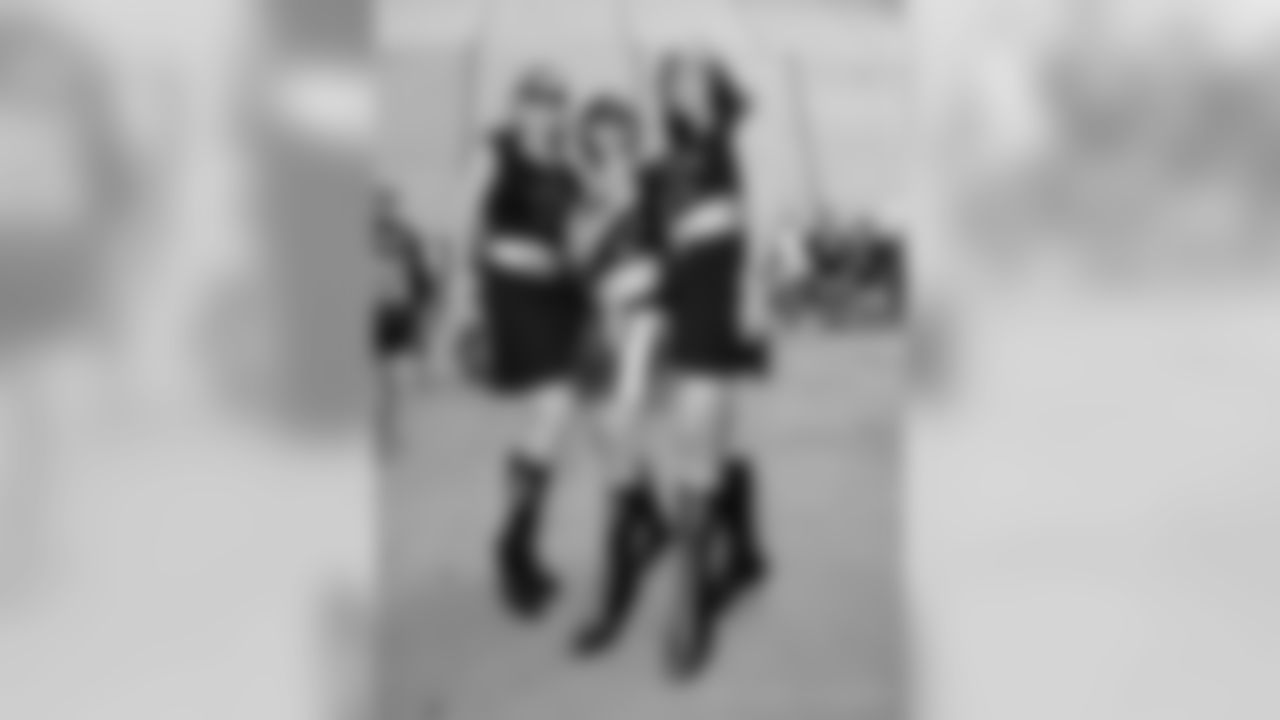
Photos of Saints fans during the reopening of the Superdome in week 3 of the 2006 season as the New Orleans Saints defeated the Atlanta Falcons.
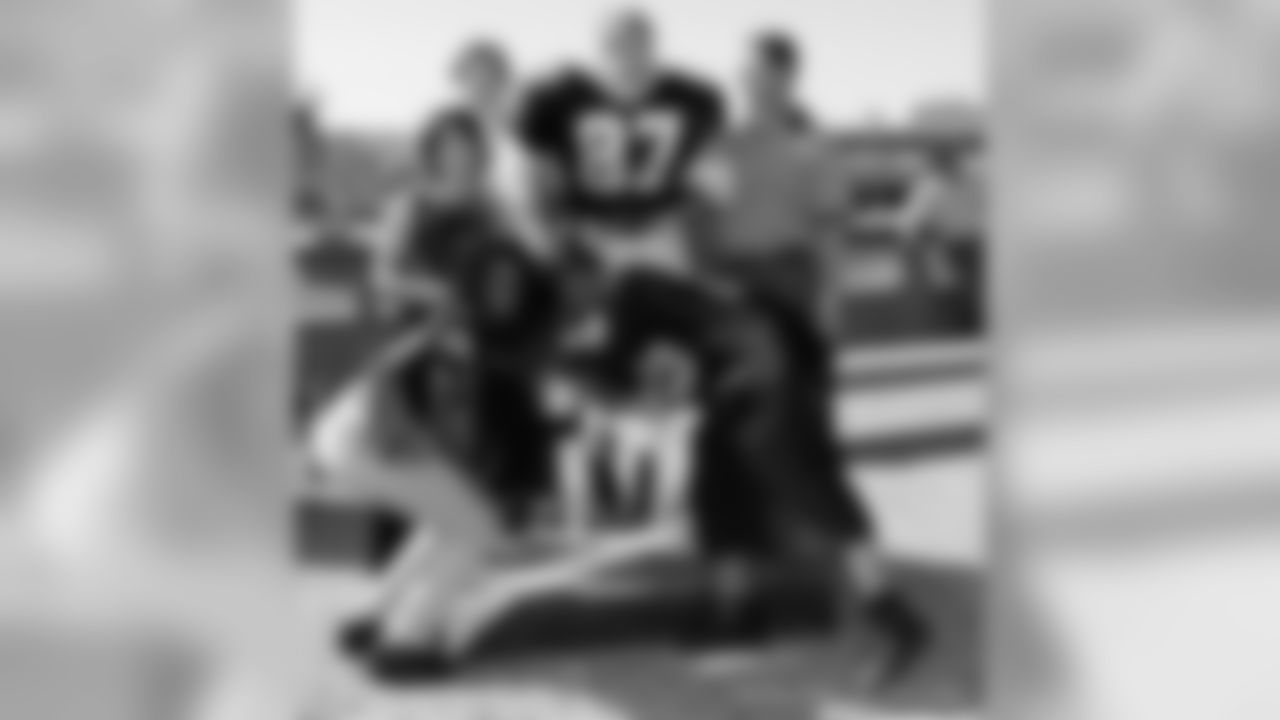
Photos of Saints fans during the reopening of the Superdome in week 3 of the 2006 season as the New Orleans Saints defeated the Atlanta Falcons.
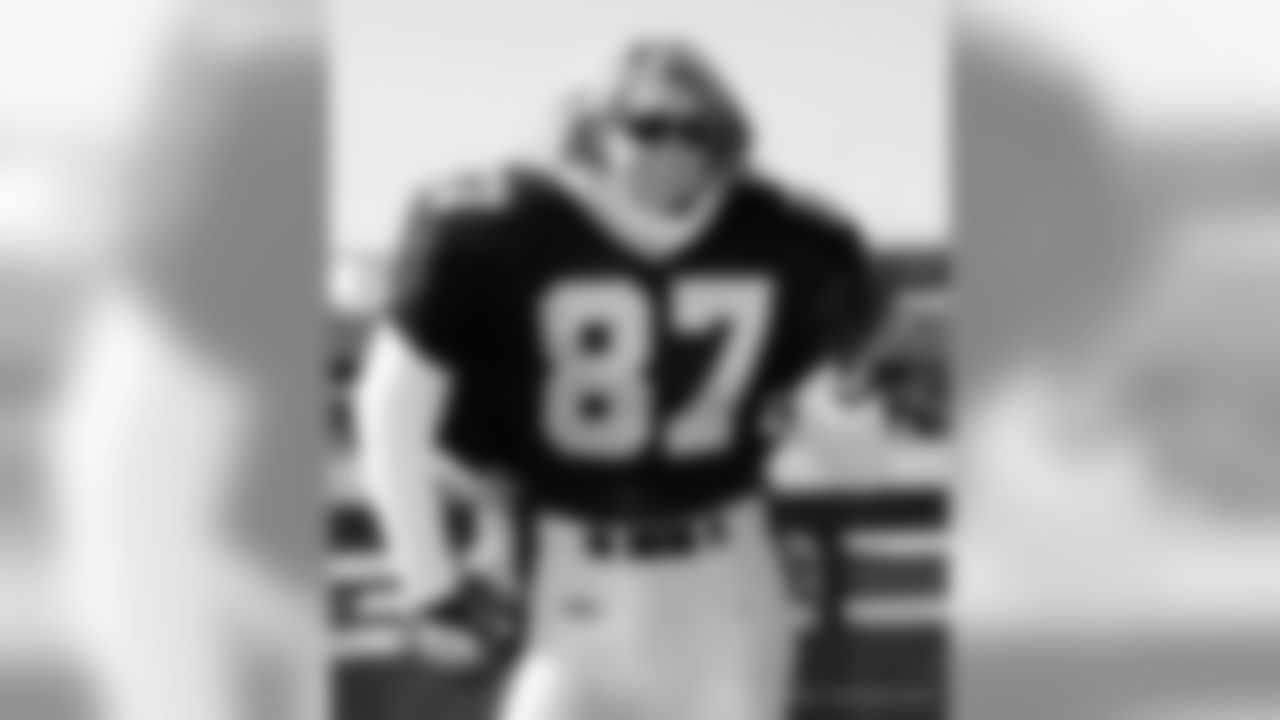
Photos of Saints fans during the reopening of the Superdome in week 3 of the 2006 season as the New Orleans Saints defeated the Atlanta Falcons.

Photos of Saints fans during the reopening of the Superdome in week 3 of the 2006 season as the New Orleans Saints defeated the Atlanta Falcons.

Photos of Saints fans during the reopening of the Superdome in week 3 of the 2006 season as the New Orleans Saints defeated the Atlanta Falcons.

Photos of Saints fans during the reopening of the Superdome in week 3 of the 2006 season as the New Orleans Saints defeated the Atlanta Falcons.

Photos of Saints fans during the reopening of the Superdome in week 3 of the 2006 season as the New Orleans Saints defeated the Atlanta Falcons.

Photos of Saints fans during the reopening of the Superdome in week 3 of the 2006 season as the New Orleans Saints defeated the Atlanta Falcons.

Photos of Saints fans during the reopening of the Superdome in week 3 of the 2006 season as the New Orleans Saints defeated the Atlanta Falcons.

Photos of Saints fans during the reopening of the Superdome in week 3 of the 2006 season as the New Orleans Saints defeated the Atlanta Falcons.

Photos of Saints fans during the reopening of the Superdome in week 3 of the 2006 season as the New Orleans Saints defeated the Atlanta Falcons.

Photos of Saints fans during the reopening of the Superdome in week 3 of the 2006 season as the New Orleans Saints defeated the Atlanta Falcons.
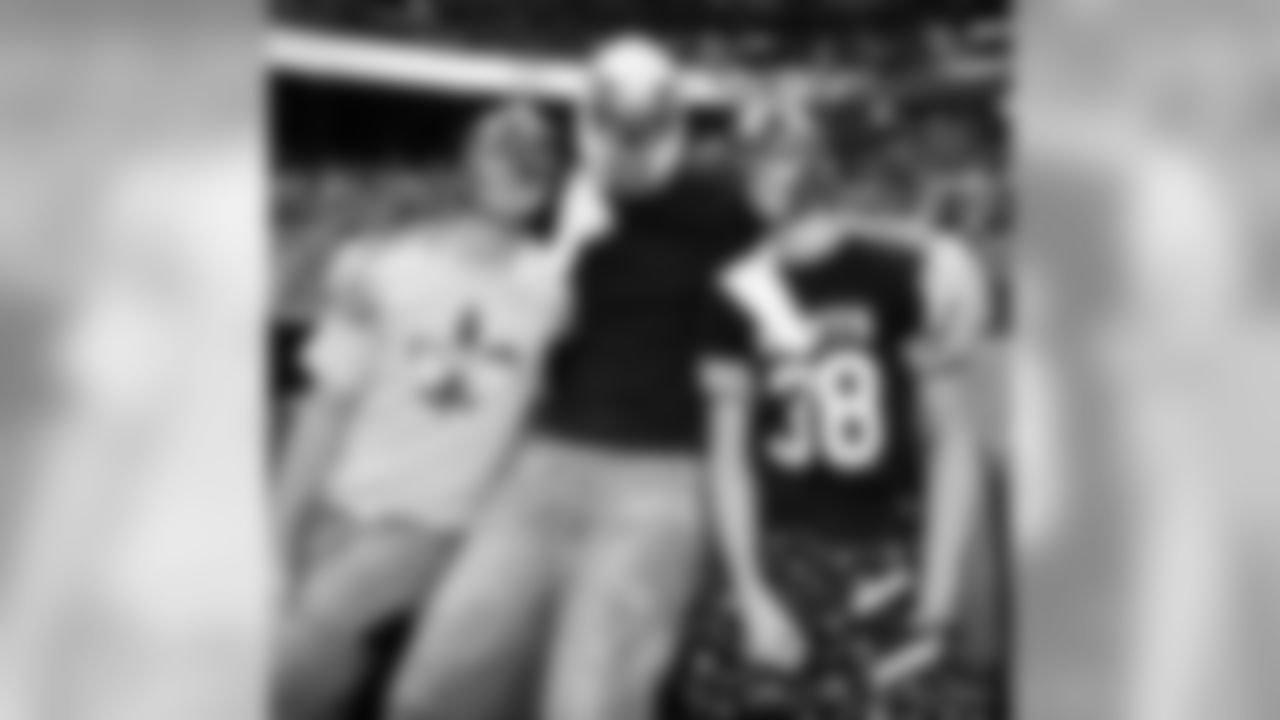
Photos of Saints fans during the reopening of the Superdome in week 3 of the 2006 season as the New Orleans Saints defeated the Atlanta Falcons.

Photos of Saints fans during the reopening of the Superdome in week 3 of the 2006 season as the New Orleans Saints defeated the Atlanta Falcons.

Photos of Saints fans during the reopening of the Superdome in week 3 of the 2006 season as the New Orleans Saints defeated the Atlanta Falcons.

Photos of Saints fans during the reopening of the Superdome in week 3 of the 2006 season as the New Orleans Saints defeated the Atlanta Falcons.
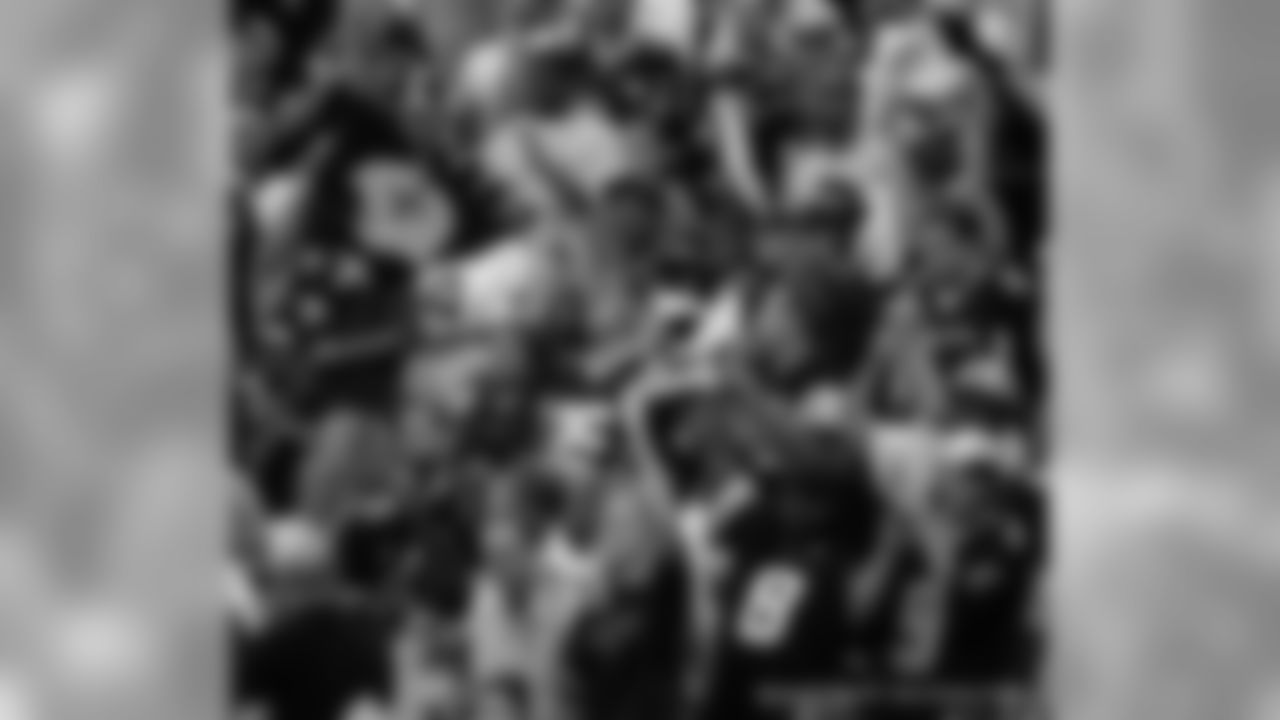
Photos of Saints fans during the reopening of the Superdome in week 3 of the 2006 season as the New Orleans Saints defeated the Atlanta Falcons.
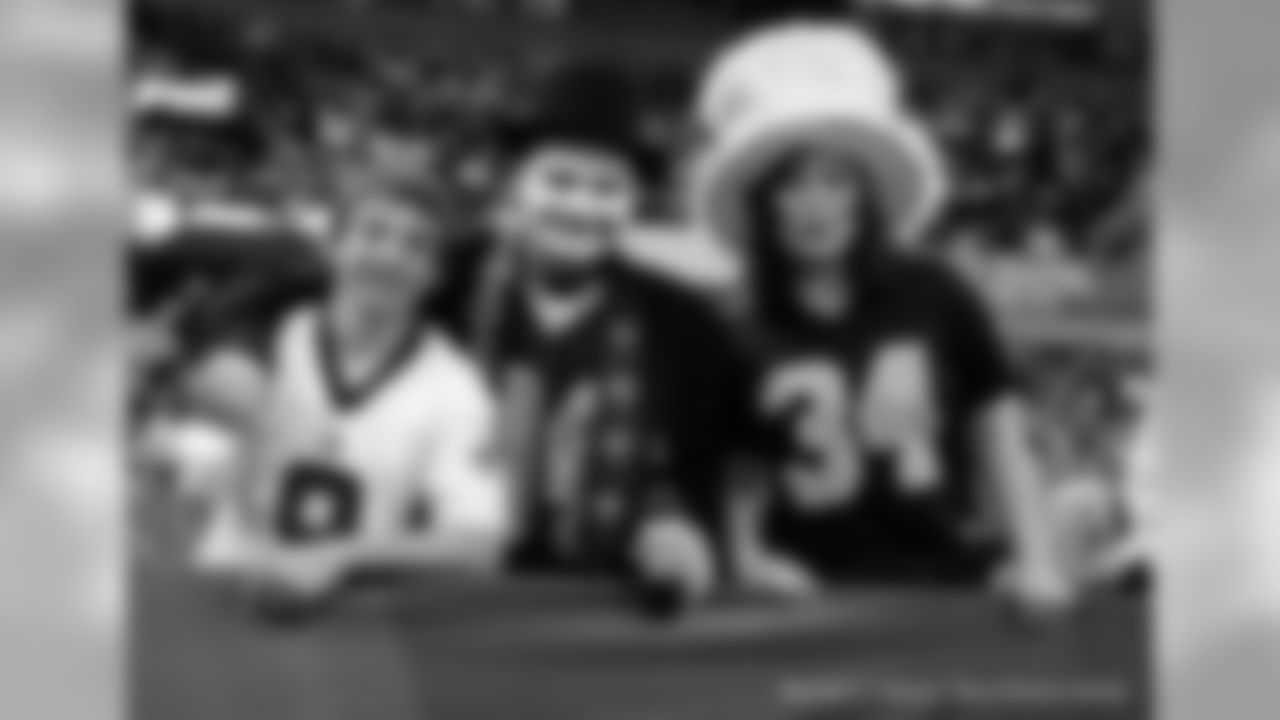
Photos of Saints fans during the reopening of the Superdome in week 3 of the 2006 season as the New Orleans Saints defeated the Atlanta Falcons.

Photos of Saints fans during the reopening of the Superdome in week 3 of the 2006 season as the New Orleans Saints defeated the Atlanta Falcons.

Photos of Saints fans during the reopening of the Superdome in week 3 of the 2006 season as the New Orleans Saints defeated the Atlanta Falcons.

Photos of Saints fans during the reopening of the Superdome in week 3 of the 2006 season as the New Orleans Saints defeated the Atlanta Falcons.
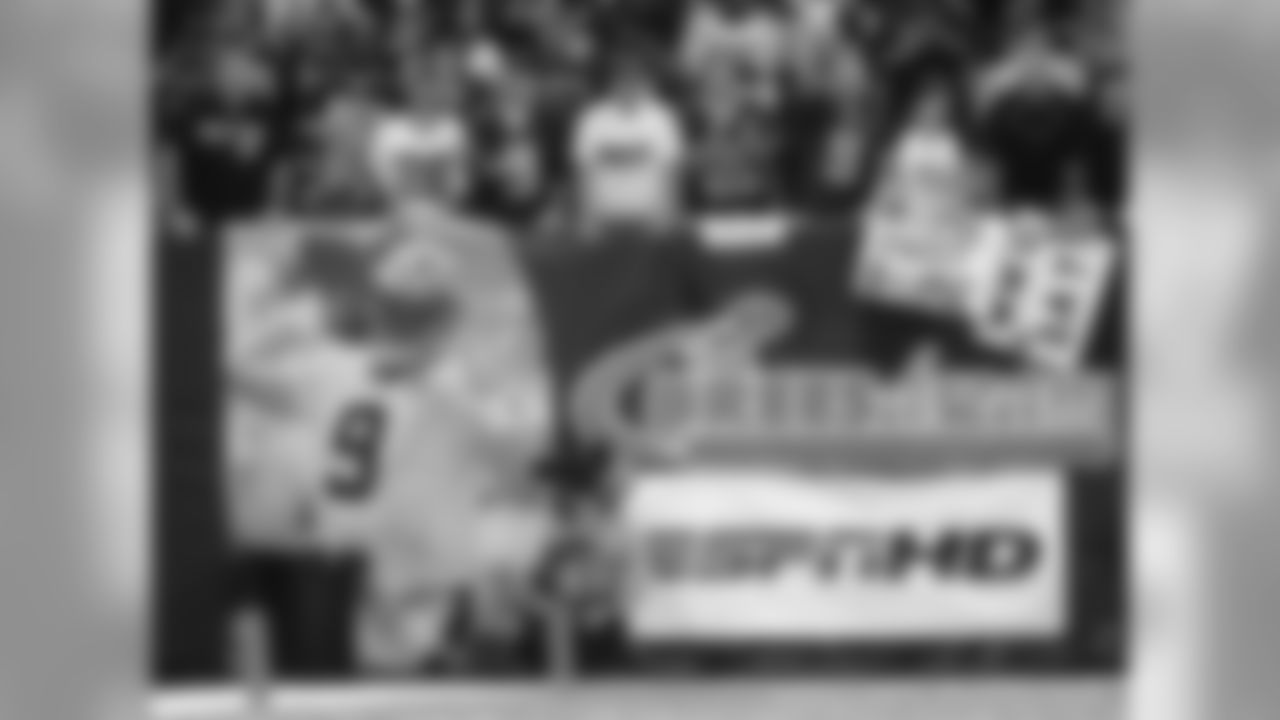
Photos of Saints fans during the reopening of the Superdome in week 3 of the 2006 season as the New Orleans Saints defeated the Atlanta Falcons.
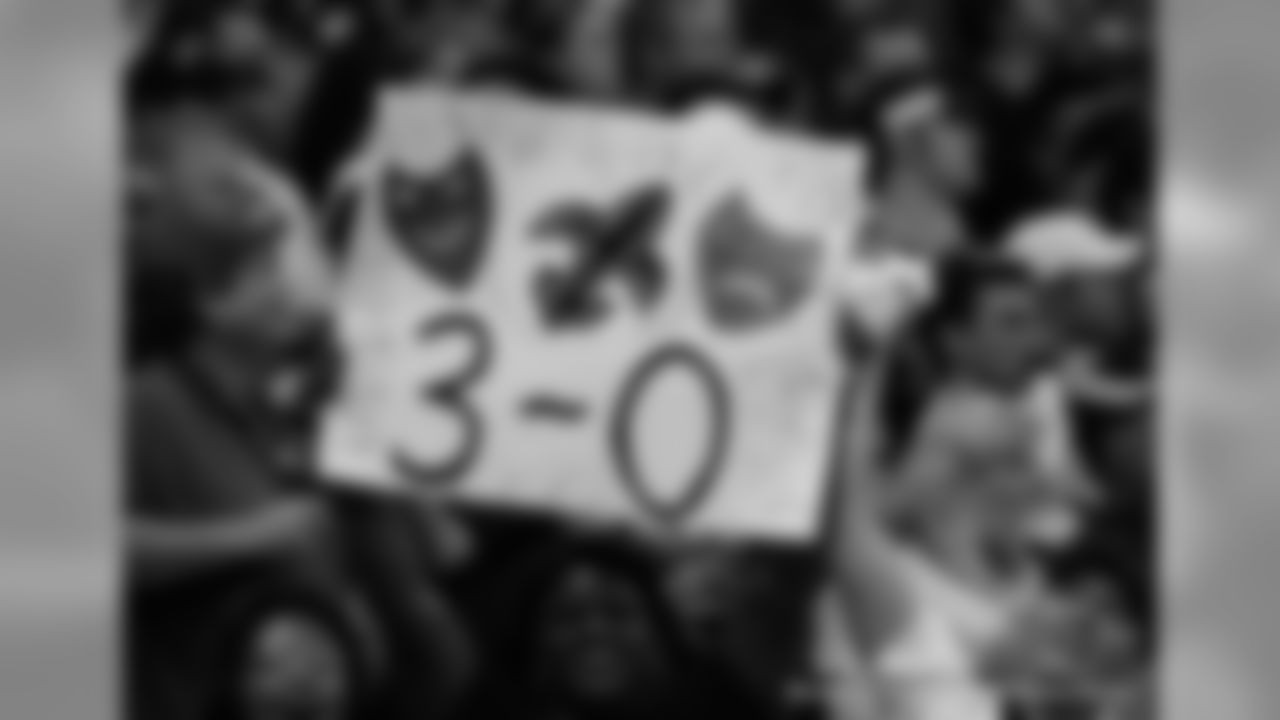
Photos of Saints fans during the reopening of the Superdome in week 3 of the 2006 season as the New Orleans Saints defeated the Atlanta Falcons.
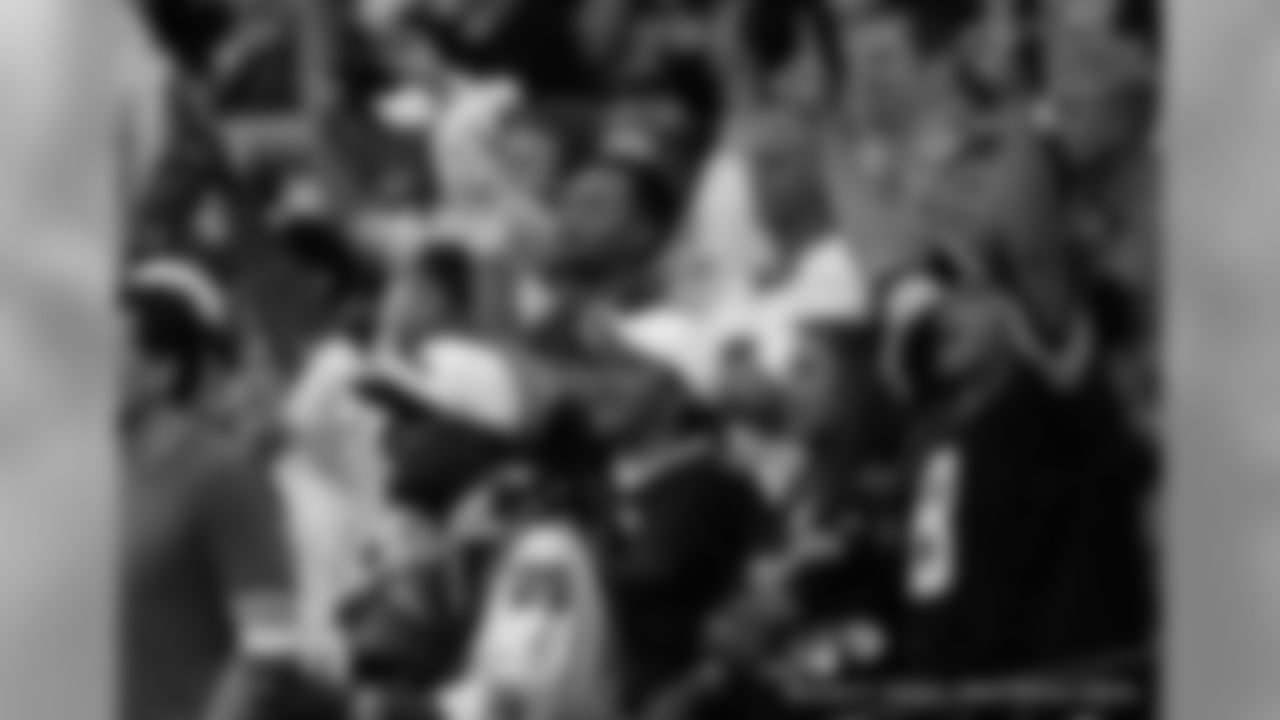
Photos of Saints fans during the reopening of the Superdome in week 3 of the 2006 season as the New Orleans Saints defeated the Atlanta Falcons.
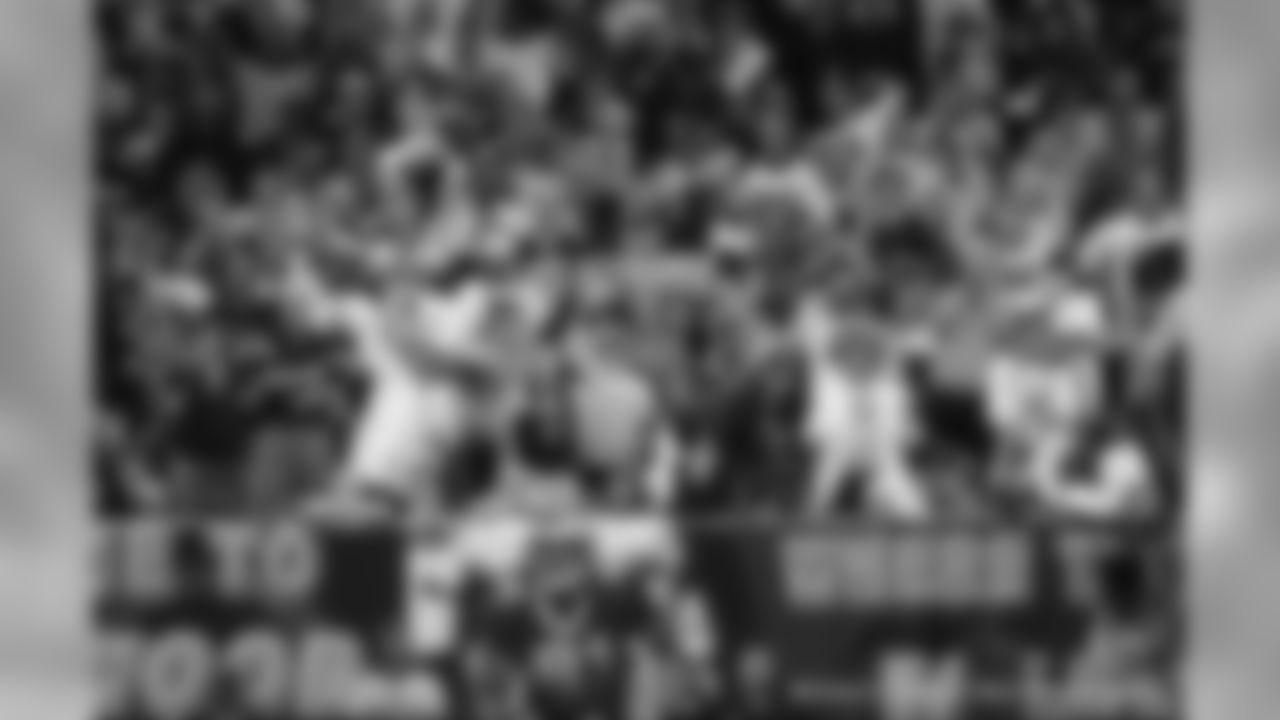
Photos of Saints fans during the reopening of the Superdome in week 3 of the 2006 season as the New Orleans Saints defeated the Atlanta Falcons.

Photos of Saints fans during the reopening of the Superdome in week 3 of the 2006 season as the New Orleans Saints defeated the Atlanta Falcons.
Saturday marked a month since the wide world of sports came to a complete stop.
No NBA games. No NHL games. No start to the Major League Baseball season. The seemingly endless month had day after day of madness but there was no March Madness.
Sunday would have been the final day of the Masters, the must-watch round for those who follow golf. Instead, we got to watch a re-broadcast of the 2019 tournament and Tiger Woods' remarkable comeback. It's always a treat to see the rolling fairways and sloped greens of Augusta National but knowing the outcome sapped any drama from watching the Big Cat win his fifth green jacket.
No one knows when the world will be safe enough for sports to return. Heck, we don't even know when we can start working from our offices, eating at restaurants or meeting a friend for a beer at our neighborhood bar. The only certainty during the coronavirus pandemic is uncertainty.
But whenever the games do return there is no doubt that they will retain their firm hold on people throughout the world. There has been a lot of talk about sports providing a needed distraction but the games do more than that. They connect people, to their families, to their friends, to their community.
During this pause of live sports, I've been making my way through shows on various streaming services. Season three of "Ozark." Check. "The Outsider" on HBO. Check. The utterly bizarre "Tiger King." Check. But the one show that resonated the most with me was the documentary "Sunderland 'Til I Die." It tells the story of an English football club fighting to get promoted after being relegated to a lower league.
It's an interesting inside look at the club and the sport, covering in great detail the travails on the pitch and in the business office of the team, officially known as the Sunderland Association Football Club. But what stayed with me after watching two seasons wasn't the on-field action, or the struggle to obtain a difference-making striker during a transfer window; it was the unrelenting passion the fans showed. They just weren't cheering for a team, they were cheering for their team.
The residents of Sunderland, a city of nearly 175,000 in the far northeast of England, aren't that different from the people of New Orleans. For more than 50 years, win or lose, Saints fans have demonstrated uncommon passion for the men in Black and Gold. From Archie Manning at Tulane Stadium to Drew Brees at the Mercedes-Benz Superdome. From 1-15, to playoff disappointment to Super Bowl triumph, Saints fans have been loyal to the core, as cheering for the Saints has been passed down from one generation to the next.
Delivering a nearly 11 TV rating last Monday for the re-broadcast of a 14-year-old game is just the latest evidence that fans' love for the team knows no bounds. And that big ratings number wasn't a one-off because of the magnitude of the Rebirth game, every week New Orleans delivers Super Bowl-like numbers for each Saints broadcast. It doesn't matter if it's a noon kickoff on Sunday or a "Monday Night Football" game, when the Saints play New Orleans tunes in.
When the games resume – whenever that may be - that passion will be there, waiting to explode. For New Orleanians, the Saints always will be their team.
Doug Tatum is the vice president of digital media for the New Orleans Saints and Pelicans, joining the organizations in 2013 following a 20-year career in journalism. He will be writing a weekly column on the intersection of sports and the coronavirus pandemic.














